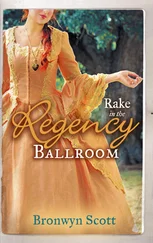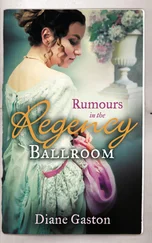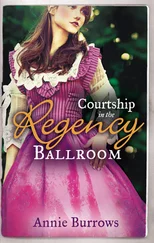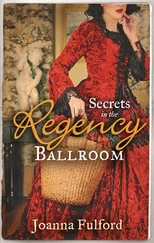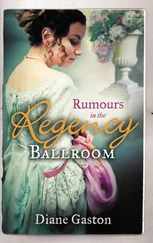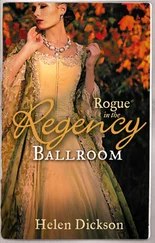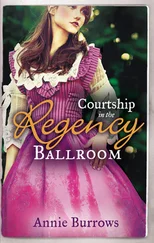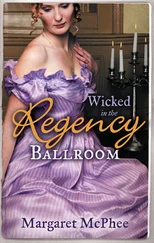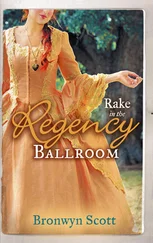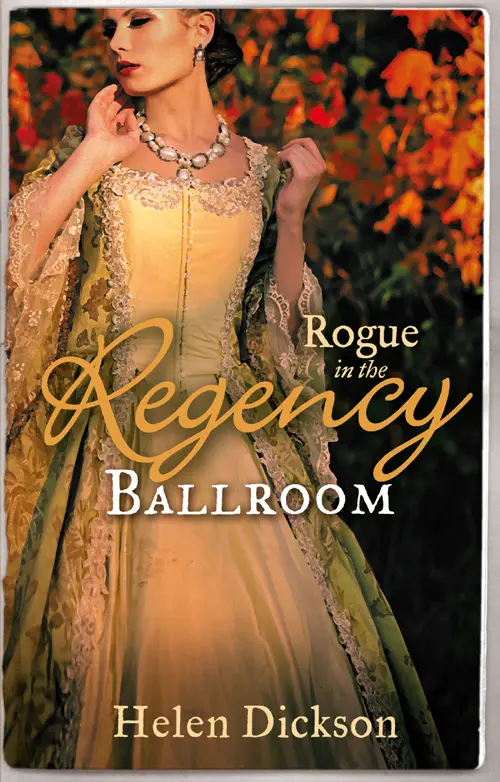
HELEN DICKSONwas born and still lives in south Yorkshire, with her husband on a busy arable farm, where she combines writing with keeping a chaotic farmhouse. An incurable romantic, she writes for pleasure, owing much of her inspiration to the beauty of the surrounding countryside. She enjoys reading and music. History has always captivated her and she likes travel and visiting ancient buildings.
Rogue
in the
Regency
Ballroom
Rogue’s Widow, Gentleman’s Wife
A Scoundrel of Consequence
Helen Dickson
 www.millsandboon.co.uk
www.millsandboon.co.uk
Before you start reading, why not sign up?
Thank you for downloading this Mills & Boon book. If you want to hear about exclusive discounts, special offers and competitions, sign up to our email newsletter today!
SIGN ME UP!
Or simply visit
signup.millsandboon.co.uk
Mills & Boon emails are completely free to receive and you can unsubscribe at any time via the link in any email we send you.
In The Regency Ballroom Collection
Scandal in the Regency BallroomApril 2013
Innocent in the Regency BallroomMay 2013
Wicked in the Regency BallroomJune 2013
Cinderella in the Regency BallroomJuly 2013
Rogue in the Regency BallroomAugust 2013
Debutante in the Regency BallroomSeptember 2013
Rumours in the Regency BallroomOctober 2013
Scoundrel in the Regency BallroomNovember 2013
Mistress in the Regency BallroomDecember 2013
Courtship in the Regency BallroomJanuary 2014
Rake in the Regency BallroomFebruary 2014
Secrets in the Regency BallroomMarch 2014
Rogue’s Widow, Gentleman’s Wife
Charleston, South Carolina—1880
A long column of sullen-looking convicts—black and white—moved slowly and painfully down the sun-baked street. Ragged and barefooted, they were fettered together like beasts of burden, their heavy iron ankle chains rubbing pitilessly against their skin, tearing and making it bleed. The men guarding them walked alongside, thick canes in their hands, urging them along with curses and threats. Others rode in front and behind, the harnesses jingling on their horses.
The traffic was heavy, the pavements swarming with people of all colours, passing through every shade of brown to black. Their clothes were gaily coloured, and the soft blur of the southern speech fell pleasantly on a stranger’s ears.
Having become stuck in a mass of horses and traps and fine carriages of the well-to-do to let the convicts shuffle past, Amanda sat beside Nan, her maid. With the sun beating down on them the heat was intense, the humidity making it feel even hotter. Amos, Aunt Lucy’s faithful old retainer, was sitting with an air of dignified authority, loosely holding the reins. He was content to wait it out, but the horses shifted restlessly, eager to be on the move.
Beneath her pretty parasol, which shielded her from the harsh glare, Amanda, too, was restless and impatient to continue, her frustration and temper simmering in the increasing heat. She spared no thought to the wretched prisoners. Her whole focus was on her low spirits. What she did care about was the fact that she was to leave Charleston five days hence for her home in England.
Feeling uncomfortable in the heat, Nan swatted an irritating fly from her cheek. Tipping her bonnet back, she wiped her damp forehead. ‘This heat is getting me down. God willing we won’t have to endure it much longer and we’ll soon be back in England. Never again will you hear me complain about the cold and rain.’
‘Trust you to say that, Nan,’ Amanda exclaimed impatiently. Coming to America had been a whole new experience for her, and, without her father’s domineering presence, she had been enjoying herself far too much to think of leaving just yet. But circumstances had turned against her. ‘Oh, why did Aunt Lucy have to die—just when life held such promise. It has all turned out so different from what I had planned. I have failed dismally, Nan.’
Despite her own discomfort, Nan smiled across at her young mistress, thinking how pretty she looked, how cool and elegant in her sky-blue-gingham sprigged gown and a wide-brimmed straw bonnet that hid much of her wealth of burgundy-coloured hair. And yet despite Amanda’s sweet and charming look, she was, in reality, stubborn, touchy, intransigent and independent, rebellious of all discipline, truculent when denied her own way, and with passions that were easily stirred, like her father, with nothing of her cousin Charlotte’s mild-tempered, forbearing nature. In Nan’s opinion, who was ten years her mistress’s senior, she called for firm handling. She had been indulged by an adoring father and allowed to go her own way for too long.
‘It isn’t your fault. You weren’t to know your aunt would die and your father order you back home.’
A touch of anger came to add to the bitterness of Amanda’s disappointment. She knew, as she had always known, that her father, having made a fortune out of his various business enterprises, had wanted to move in higher circles of society, and that she was the key to help him attain this.
‘Since I have failed to find a suitable husband, he will marry me off without delay the minute I get off the ship. He’s eager for me to marry and give him an heir, and he’s got someone in mind, I know it—some titled old man whose name and position will be Father’s entry into the world of blue-blooded aristocrats.’
‘Come now. Stop tormenting yourself. If that is so, then I am sure the man he has chosen for you will not give you any cause for reproach. Your father loves you and will take your wishes into account.’
‘Father’s not like that. Oh, if only I could find someone I wanted to marry, Nan. Aunt Lucy was sympathetic to my plight. I’ve lost count of the eligible men she’s paraded before me—but there wasn’t one I wanted to spend the rest of my life with. I’m beginning to think there’s something wrong with me.’
Nan sighed. Having had this conversation with Amanda many times over the past weeks, she was beginning to tire of it. ‘Then maybe you should marry a man who is senile, who won’t last the year. Your father would have to respect a year of mourning and by then you would be twenty-one and independent of him.’
Amanda looked at her sharply, calculating. Now why hadn’t she thought of that? Mulling over what Nan had said with sudden interest, she paid no attention to the carriage edging alongside until its occupant spoke.
‘Why, my dear Miss O’Connell. I am so happy to see you. I was terribly sorry to hear about dear Lucy—quite a surprise, I must say. I’m only sorry that I couldn’t attend the funeral, but my husband and I have been out of town for a while, visiting our daughter in Wilmington. And what of you, dear?’
Читать дальше
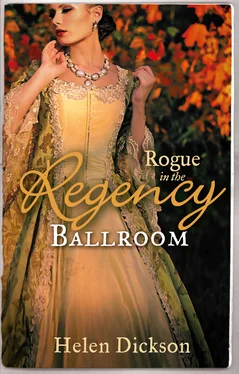

 www.millsandboon.co.uk
www.millsandboon.co.uk
